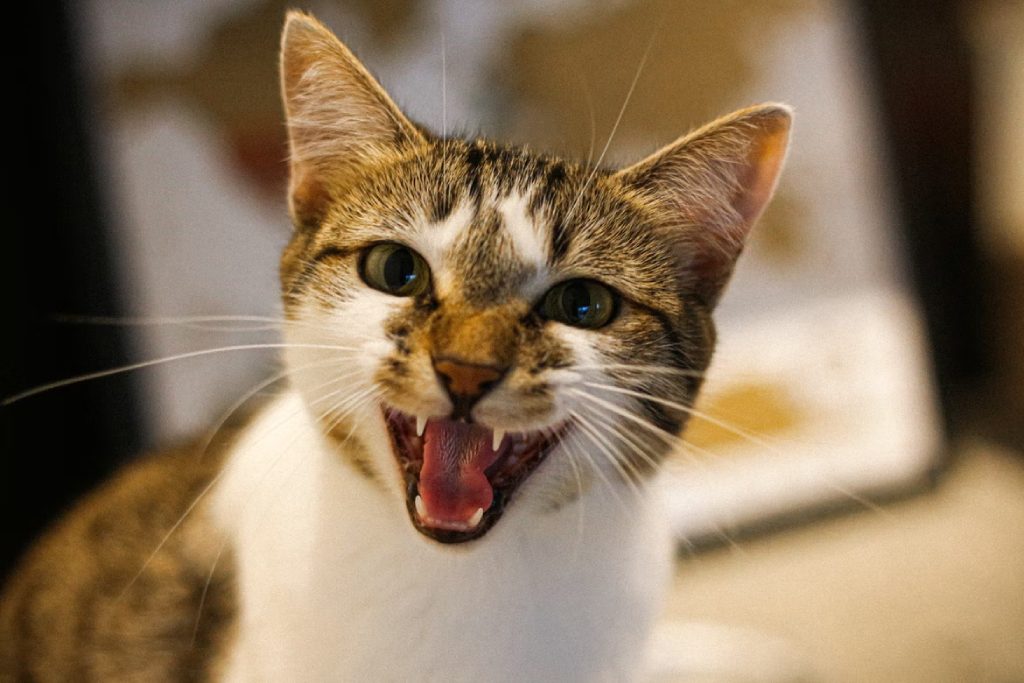
Is your senior cat yowling more than ever?
Well, they may be telling you it’s much more than old age crankiness.
Vocalization is one of the more common signs of Feline Cognitive Dysfunction Syndrome (CDS), a disease in cats similar to Alzheimer’s disease.
As most cats are prone to this disease as they age, every cat owner should know how to recognize the signs of CDS and what to do to improve your feline friend’s quality of life.
Researchers of a 2020 MDPI study found that Feline Cognitive Dysfunction Syndrome (CDS), a disease often misdiagnosed by owners and vets alike, is far more common than we think.
Results from the study show that CDS affects an estimated 28-36% of cats aged 7-14 years, 50% aged 15 years or older, and a whopping 88% of cats aged 16-19 years!
And like Alzheimer’s, there is currently no cure.
Owners rarely seek veterinary attention for behaviours like cat yowls and house-soiling for a variety of reasons.
Many believe it to be just a normal part of aging, while some are embarrassed that they can’t cope well with their pets, and others have the misconception that nothing can be done by the veterinarian to help them.
Because owners fail to report those behaviours, vets will diagnose CDS much less often than they would if given all the facts.
CDS is a diagnosis by exclusion. In other words, many diseases can mimic the signs of CDS (hypertension and diabetes, for example), and your vet needs to rule those out first before confirming that your cat has the disease.
The clinical investigation would include a thorough physical exam and complete blood chemistry and urinalysis. Because CDS affects the brain, your vet will also watch how your cat moves to see if they seem disoriented or if their other senses have been affected.
The most apparent sign of CDS is a marked increase in vocalization, especially at night.
The MDPI study found that owners reported four reasons for cat yowling. Most were either seeking attention or disoriented, some were seeking a resource like food, and a few were in pain. Most cat owners (65%) felt that their cat’s vocalization was caused by more than one of the four listed.
So, how do you deal with your cat when they are crying continuously?
If your cat is:
If these suggestions don’t work, noise-canceling devices are an option.
The most important thing to remember is that they aren’t behaving that way to bug or annoy you, so please be patient and NEVER shut them out of your room or scold them.
That only increases their stress and will likely contribute to even more cat yowling.
Although there is no cure for CDS, you can advocate for your senior cat and take an active role in helping them by first determining if CDS might be the cause of their increased crying.
To help you with this, I’ve created a CDS symptom checklist that you can, and should, download here for free.
It will help you identify tell-tale signs and give your vet the base of information they need to begin a diagnostic investigation.
Nobody wants their cat to be in distress and the behaviours that CDS causes can be very stressful to your cat and you as well! We – owners and vets alike – need to do a better job of getting our senior cats diagnosed earlier and more often.
